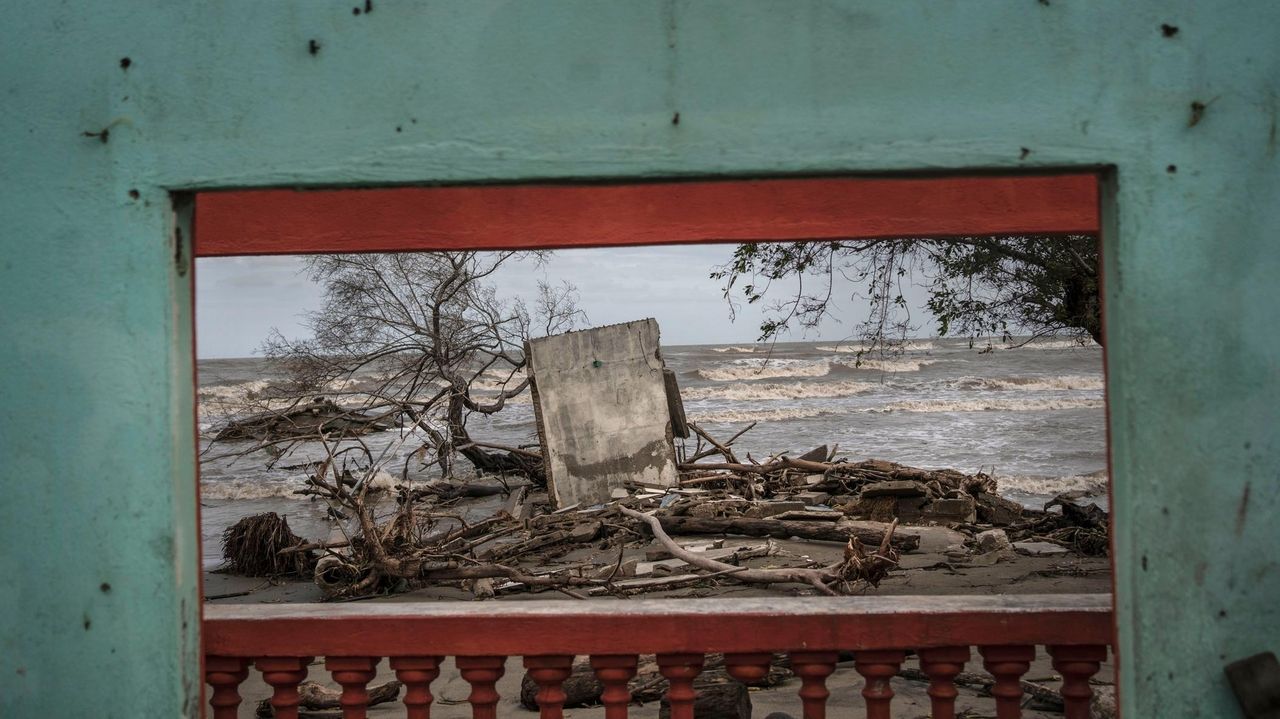EL BOSQUE, Mexico — People moved to El Bosque in the 1980s to fish. Setting out into the Gulf of Mexico in threes and fours, fishermen returned with buckets of tarpon and long, streaked snook. There was more than enough to feed them, and build a community — three schools, a small church and a basketball court on the sand.
Then climate change set the sea against the town.
Flooding driven by some of the world’s fastest sea-level rise and by increasingly brutal winter storms has all but destroyed El Bosque, leaving piles of concrete and twisted metal rods where houses used to line the sand. Forced to flee the homes they built, locals are waiting for government aid and living in rentals they can scarcely afford.
The U.N. climate summit known as COP28 finally agreed this month on a multimillion-dollar loss-and-damage fund to help developing countries cope with global warming. It will come too late for the people for El Bosque, caught between Mexico’s economically vital national petroleum company and the environmental peril that it fuels.
A rusting sign at the town’s entrance says over 700 people lived in El Bosque two years ago. Now there are barely a dozen. In between those numbers lie the relics of a lost community. At the old, concrete fishing cooperative, one of the few solid buildings left, enormous, vault-like refrigerators have become makeshift storage units for belongings — pictures, furniture, a DVD of Guinness World Records 3 — that families left behind.
Guadalupe Cobos is one of the few still living in El Bosque. A diabetic, she improvises a cooler for her insulin after each flood cuts power. Residents’ relationship with the sea is “like a toxic marriage,” Cobos said, sitting facing the waves on a recent afternoon.
“I love you when I’m happy, right? And when I’m angry I take away everything that I gave you,” she said.
An aerial view of the coastal community of El Bosque, in the state of Tabasco, Mexico, Thursday, Nov. 30, 2023,…
Read the full article here

Leave a Reply